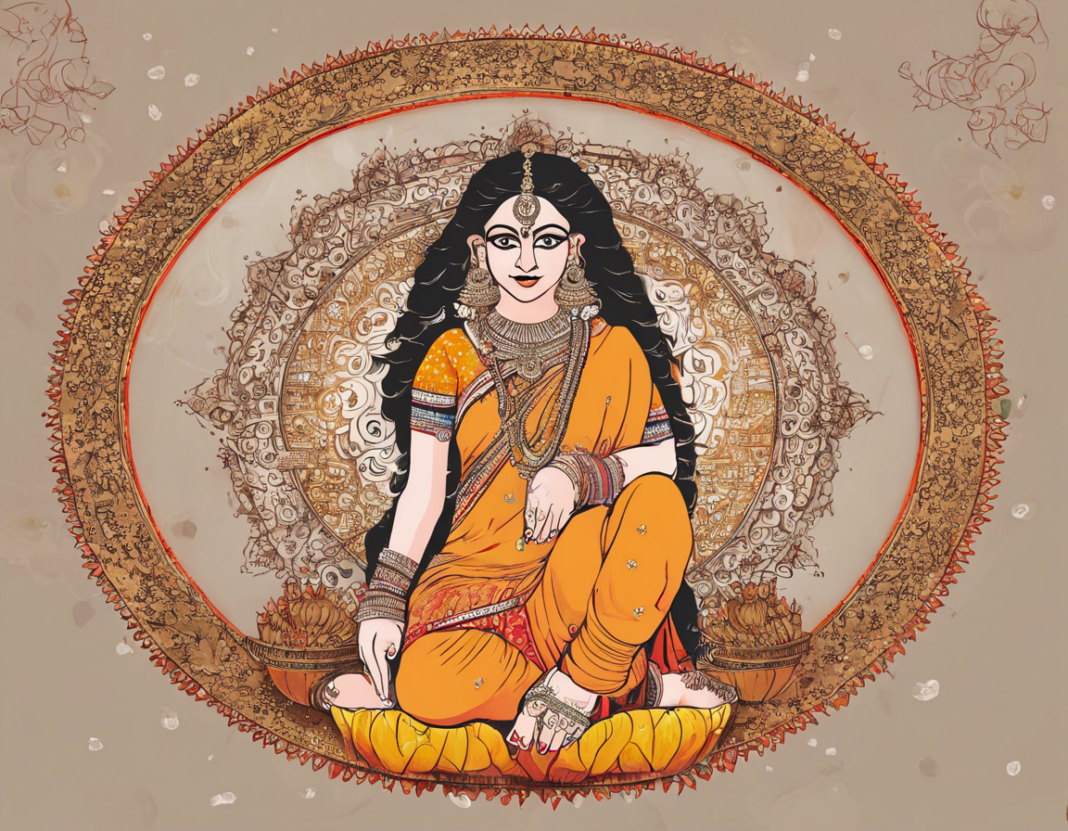The month of October brings with it a plethora of vibrant festivals and celebrations, especially in the Indian subcontinent. One such auspicious occasion is Poornima, which holds significant cultural and religious importance. Poornima, also known as Purnima, is the full moon day in the Hindu lunar calendar and is marked by various rituals, traditions, and festivities.
Significance of Poornima:
Poornima is a highly revered day in Hindu culture and is believed to be auspicious for various spiritual activities. It holds immense significance in Hindu mythology and is associated with several deities and legends. The full moon is considered to be a symbol of renewal, completion, and fulfillment.
Rituals and Celebrations:
-
Pooja: On Poornima, devotees often observe a fast and perform special prayers and rituals to seek blessings from the divine. A Guru Purnima celebration is also observed on the full moon day to honor and express gratitude towards spiritual gurus and teachers.
-
Charity: Giving alms and performing acts of charity are considered especially meritorious on this day. It is believed that engaging in selfless deeds can lead to spiritual growth and prosperity.
-
Moon Gazing: The full moon is a source of natural beauty and wonder, and many people partake in the serene act of moon gazing on Poornima. It is said to have a calming and meditative effect on the mind and soul.
Festivities around Poornima:
-
Sharad Poornima: Celebrated in the month of October, Sharad Poornima is a festival that marks the end of the monsoon season and the beginning of the autumn harvest. It is believed that the moon shines with all sixteen of its kalas (divine aspects) on this night, radiating healing energies.
-
Kojagari Poornima: This festival is dedicated to the worship of the Goddess Lakshmi, the deity of wealth and prosperity. People observe fasts, perform prayers, and stay up all night to seek the blessings of Goddess Lakshmi for prosperity and well-being.
Traditions and Customs:
-
Fast: Observing a fast on Poornima is a common practice among devotees. Fasting is believed to purify the mind, body, and soul, and is considered a way to show dedication and piety towards the divine.
-
Puja: Special prayers and rituals are performed during the day and night of Poornima to invoke blessings and seek divine grace. Offerings of flowers, incense, and sweets are made to the deities as part of the worship.
FAQs about Poornima:
- What is the significance of Poornima in Hindu culture?
-
Poornima is considered a sacred day in Hinduism symbolizing completeness, renewal, and spiritual fulfillment.
-
How is Poornima celebrated in different parts of India?
-
Poornima is celebrated with various regional customs and traditions across India, such as Karva Chauth in North India and Ambubachi Mela in Assam.
-
Is fasting mandatory on Poornima?
-
Fasting on Poornima is not mandatory but is considered auspicious and is believed to bring spiritual benefits.
-
Why is moon gazing significant on Poornima?
-
Moon gazing on Poornima is believed to have a calming and meditative effect on the mind, promoting inner peace and tranquility.
-
What is the story behind Sharad Poornima celebrations?
- Sharad Poornima marks the end of the monsoon season and the beginning of the autumn harvest. It is said that the moon shines with all sixteen of its divine aspects on this night, bestowing healing energies.
In conclusion, Poornima is a festival filled with spiritual significance, customs, and celebrations that bring people closer to their faith and tradition. It is a time for reflection, prayer, and gratitude, as devotees seek blessings for prosperity, happiness, and well-being. The beauty of the full moon on Poornima serves as a reminder of the cyclical nature of life and the eternal presence of divine grace.
